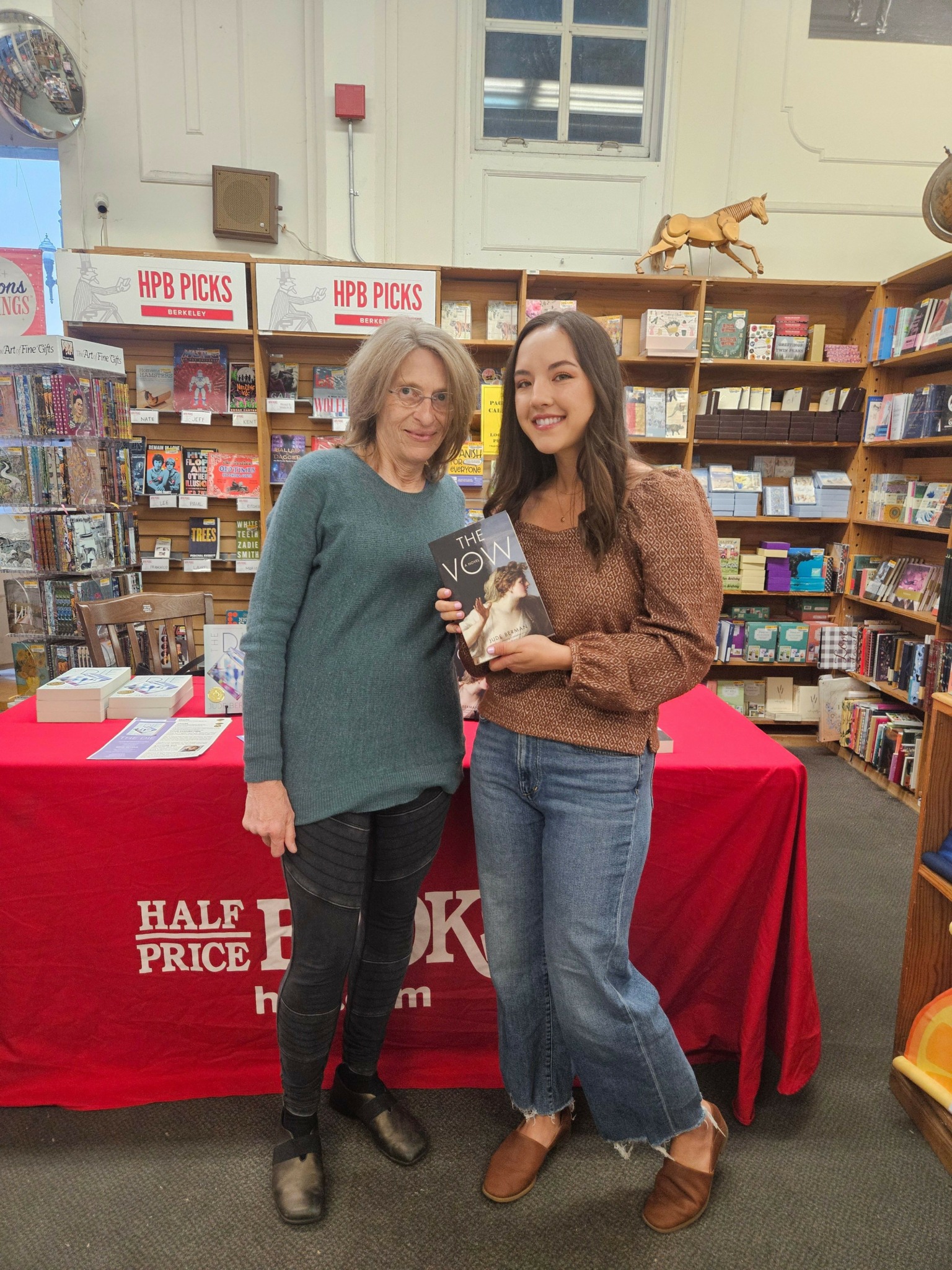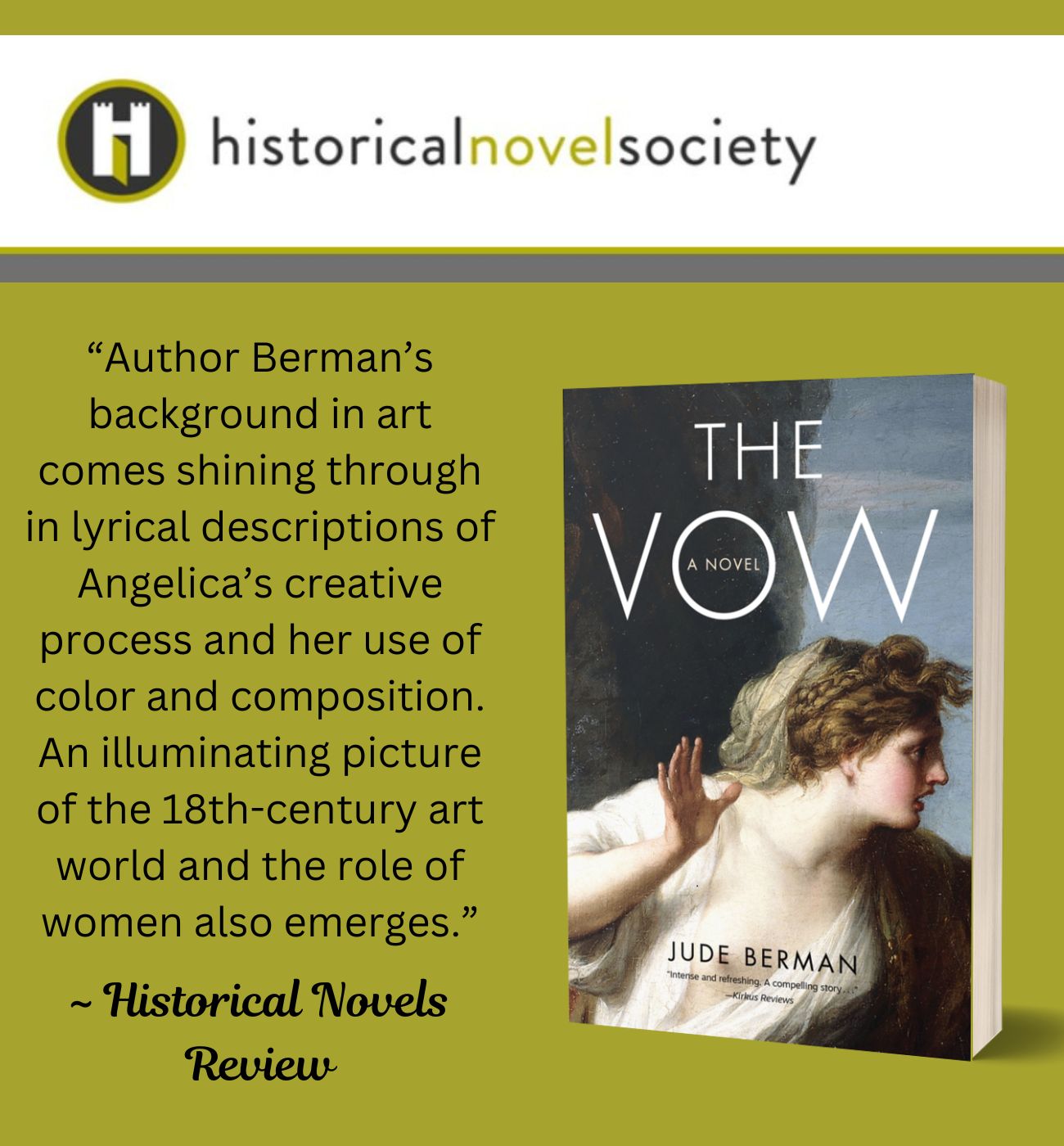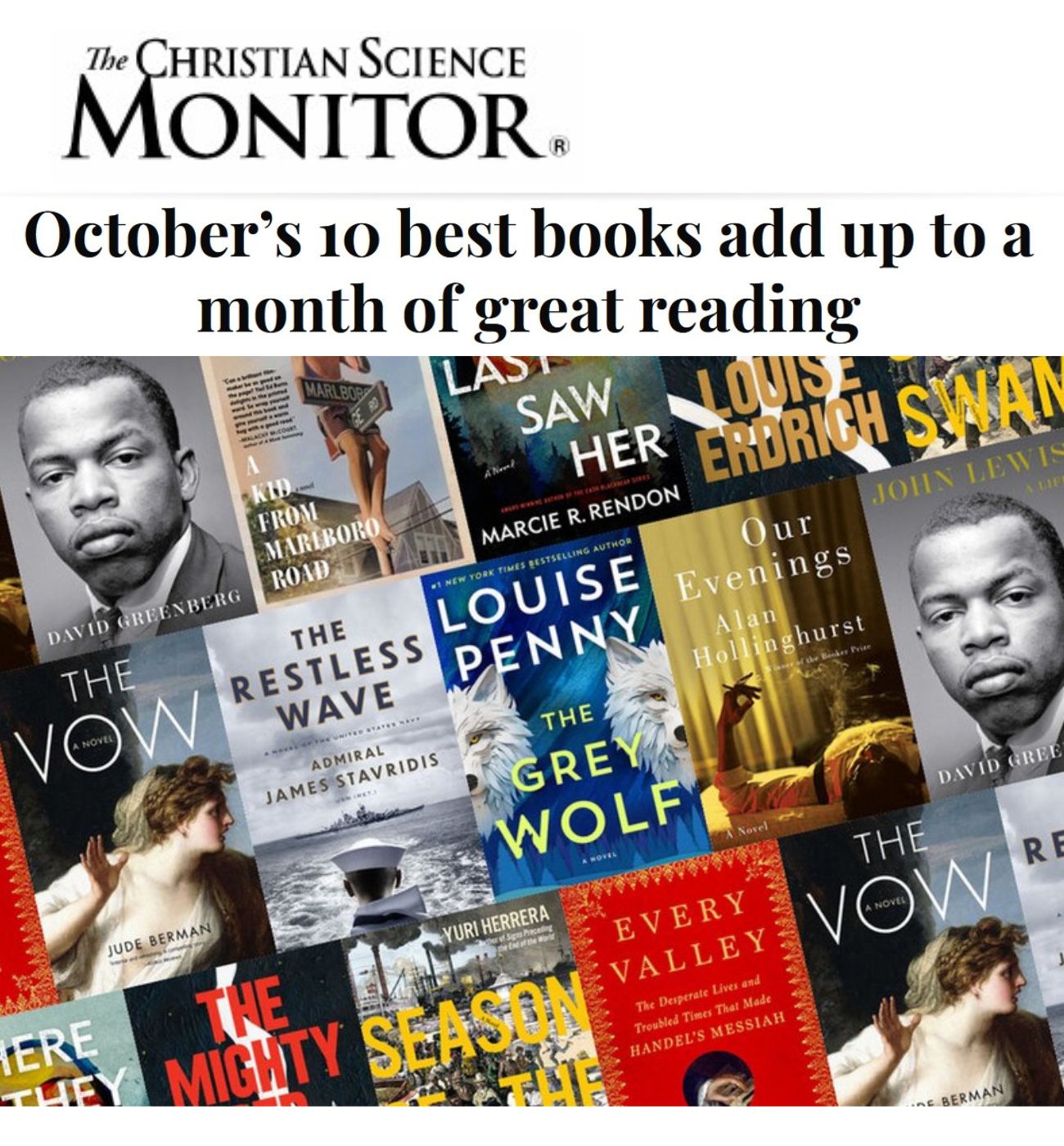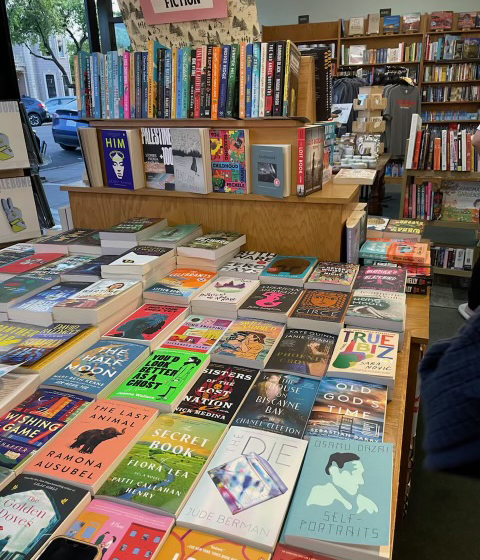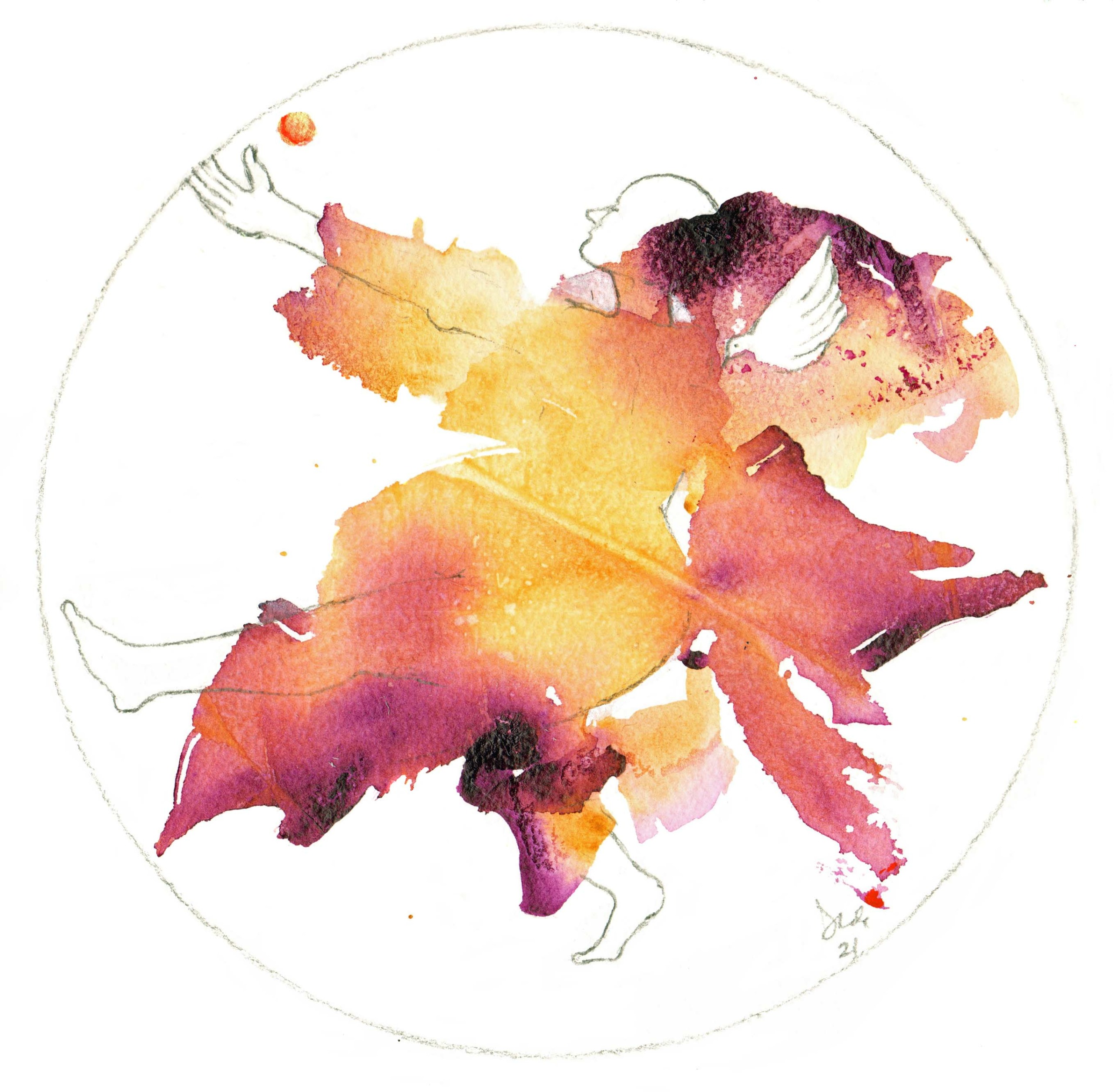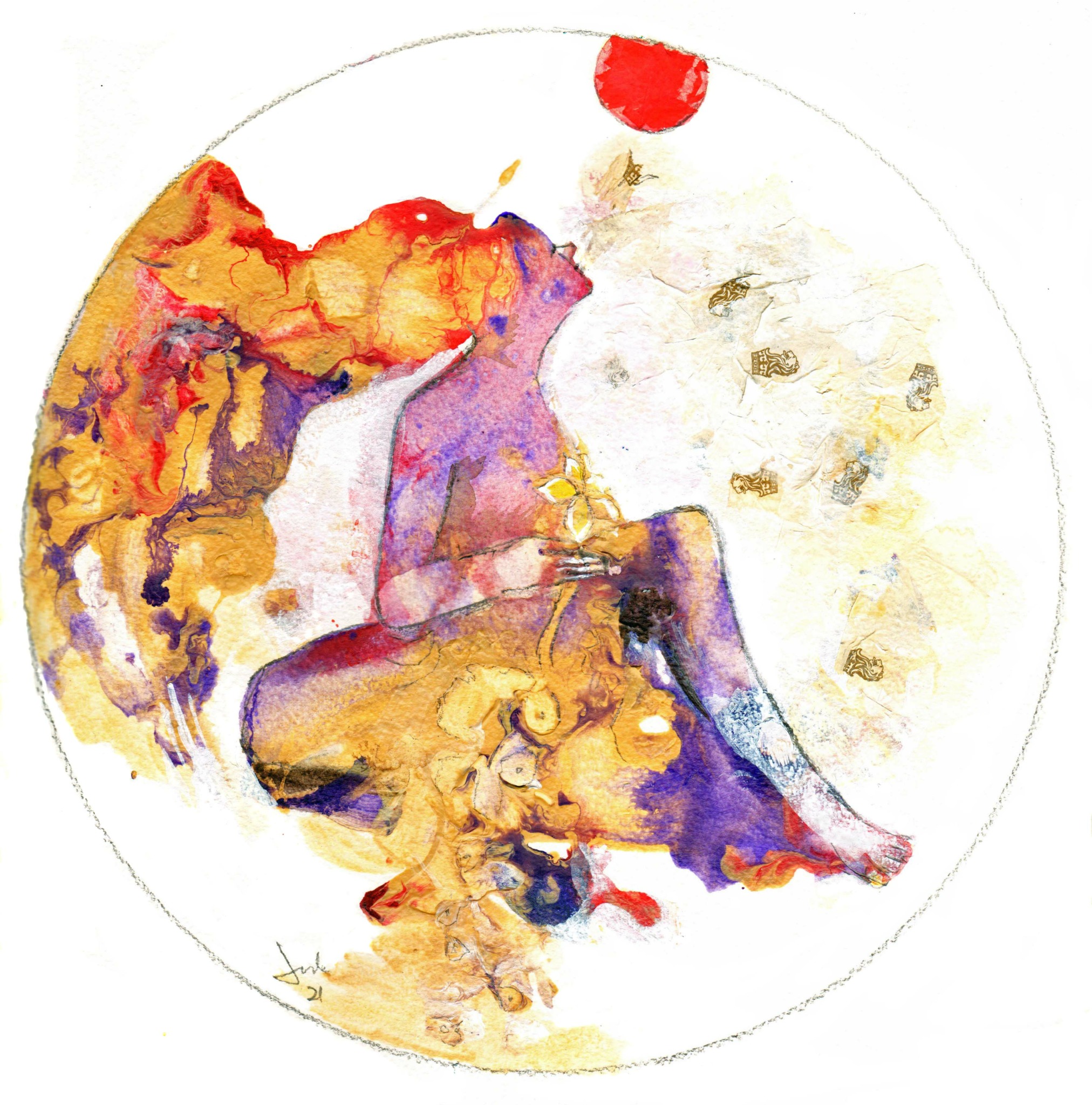Today we’d like to introduce you to Jude Berman.
Hi Jude, it’s an honor to have you on the platform. Thanks for taking the time to share your story with us – to start maybe you can share some of your backstory with our readers?
This past year, I had two books published—The Die is speculative fiction and The Vow is historical fiction. The future and the past. Another book is coming out next summer, and I’m in the midst of writing a fourth, which is a sequel to the first. I feel comfortable describing myself as a published author. But it was a long and winding road to get to this point.
In college, I was a studio art major. The “art for art’s sake” styles of the time were uninspiring, so I developed my own method of painting and drawing. I let energy flow through me and onto the paper or canvas; then I looked at what I had expressed and pulled an image out of it. I worked in a state of open-eyed meditation—though, at the time, I didn’t know what mediation was.
I realized, however, that my art—like most people’s—was unlikely to pay the bills. So I went on to get a doctoral degree. That took me on a circuitous journey, with each step somehow leading to the next: art therapy > psychological education > educational research > medical education > medical writing > technical editing > developmental editing.
I built a business as a freelance editor, and settled in as someone who works with words, who helps others find their voice and perfect their writing. On the side, I continued to paint. Setting up an art blog (https://judeberman.org/) allowed people from all over the world to view my paintings. I also dabbled in writing fiction, but I rarely shared that work with others.
It was the ticking clock, and the sense of “now or never,” that persuaded me to step out and publish my fiction. Initially, I thought I’d try one book and then reassess. But it quickly became clear to me that I wanted to go all in. And here I am.
Alright, so let’s dig a little deeper into the story – has it been an easy path overall and if not, what were the challenges you’ve had to overcome?
I would say there’ve been two main struggles.
The first was a struggle of values. Deeply ingrained in me is the idea that working for and serving others has greater merit than any work that could be viewed as self-serving. As an editor, I work entirely to serve my clients. Their success is my success. That in and of itself was (and is) gratifying.
When I thought about spending a lot of time writing—not to mention publishing—my own work, I was hit with self-doubt: Is it worthy enough? Would my time be better spent supporting others? For years, I couldn’t make it past this moral dilemma.
What eventually made the difference was realizing my books were written in service of others. The Die was motivated by my belief that fiction can be a vehicle to engage people to fight for democracy. The Vow, about a woman who achieved great success as an artist in an era when, were she married, she could not own her own paintings, carries relevance for women today. Shot: A Dictionary of the Lost is a collection of short stories about gun violence that drives home the message “it could happen to me.”
The second struggle was more practical in nature. I was in college when I first considered publishing a book. I mailed a letter to an in-house editor at Random House, and she wrote a personal letter in reply. That’s snail mail. Now, a writer of fiction would need an agent to approach that editor. But getting an agent now is often more difficult than getting a publisher.
Although I have extensive experience as an editor helping clients define their publishing goals, either through a traditional publisher or self-publishing, I struggled to do that for myself. Enter hybrid publishing. Traditional publishers have created many obstacles (e.g., genre, author’s age, number of social media followers), but a legitimate hybrid publisher has only one standard: the quality of the writing.
Appreciate you sharing that. What else should we know about what you do?
What I specialize in and what I feel sets me apart from many others—both as an artist and a writer—is the perspective of oneness. When I paint in a meditative state, the resulting image shows a world made of energy. Through painting, I try to show that our inner and outer worlds are not separate—everything is made of energy, light, and motion. That includes people and nature, as well as the tragedy and destruction. I draw strength from that perspective, which I hope to share with others.
Much of what I write about in a fictional context revolves around the responsibility the characters (and by extension, readers) have for solving not just their own small traumas and dramas but the major social, political, and ecological issues facing the world in this century. For this resolution to happen, they/we must feel their/our oneness with the world and care as deeply about it as they/we do about all the many personal issues.
Contact Info:
- Website: https://judeberman.com/
- Instagram: https://www.instagram.com/jude.berman/
- Facebook: https://www.facebook.com/judebermanauthor/
- LinkedIn: https://www.linkedin.com/in/judeberman
- Other: https://linktr.ee/judeberman
